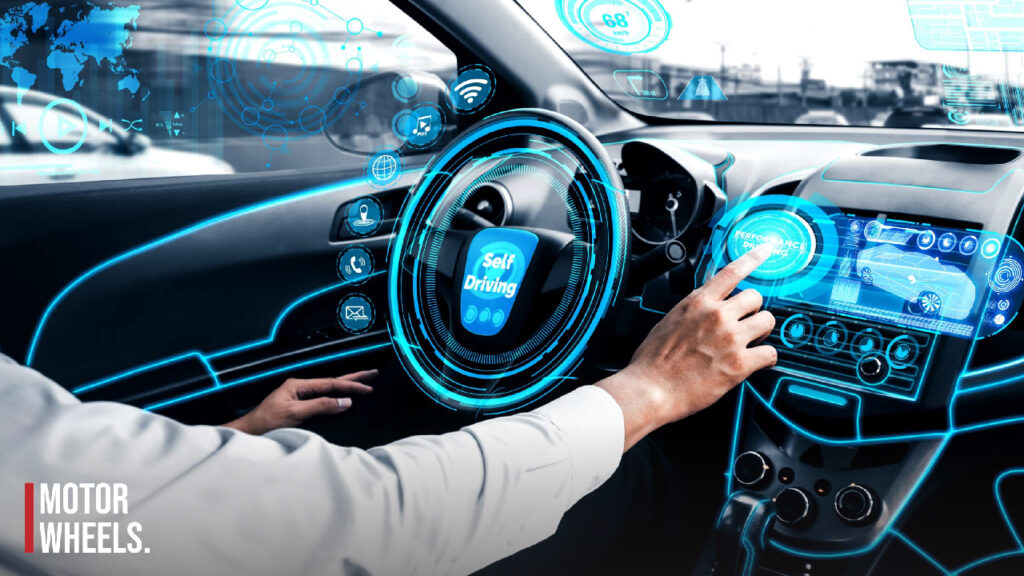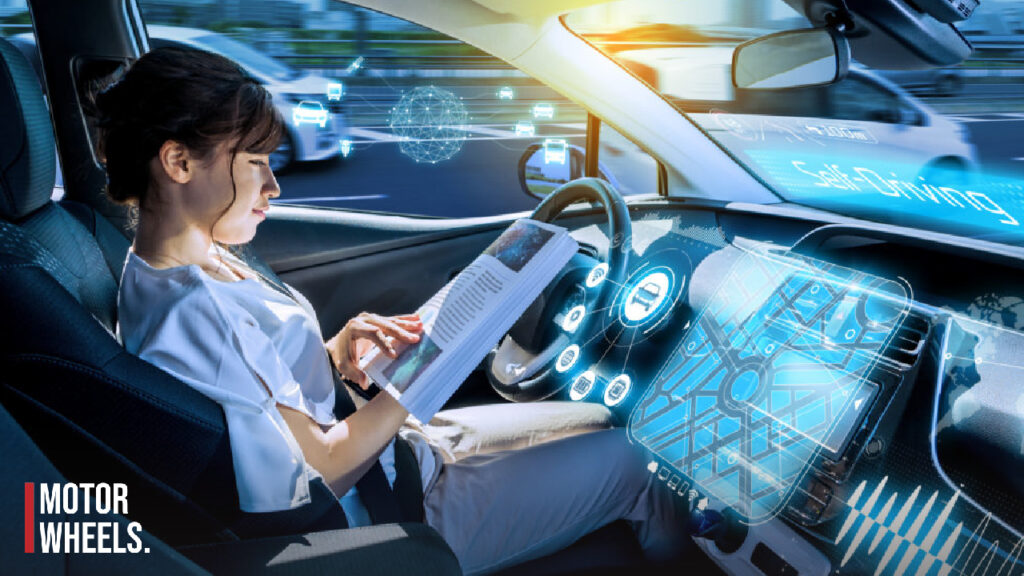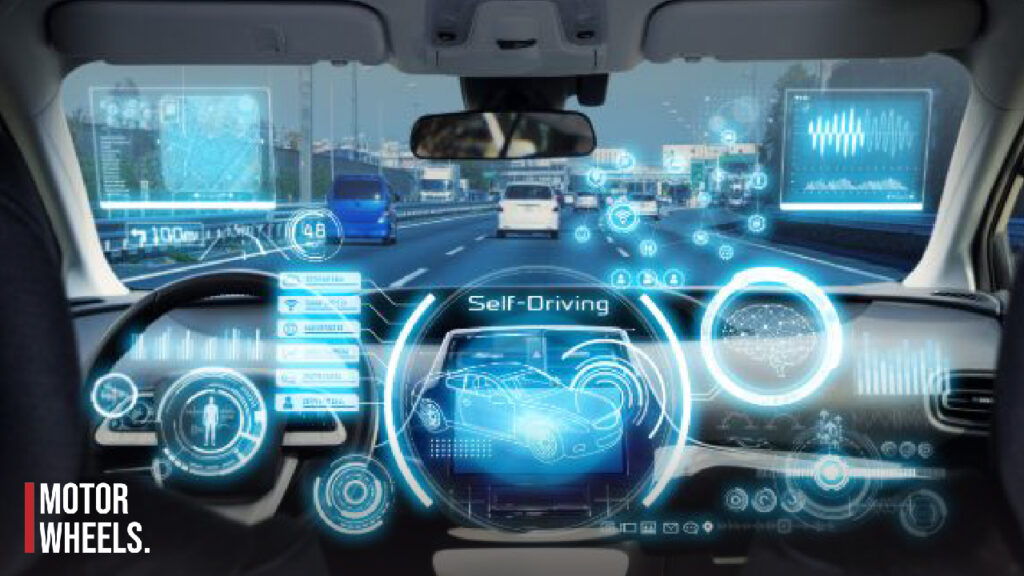
Exploring the Promise of Autonomous Vehicles
Autonomous Vehicles The world of transportation is on the verge of a revolutionary transformation with the advent of autonomous vehicles. These self-driving cars are poised to disrupt the way we commute, offering numerous benefits such as enhanced safety, increased efficiency, reduced traffic congestion, and a greener future. In this blog post, we will delve into the fascinating world of autonomous vehicles, exploring their technology, potential impact, and the challenges that lie ahead.
What are Autonomous Vehicles?
Autonomous vehicles, also known as self-driving cars, are automobiles equipped with advanced sensors, artificial intelligence (AI), and machine learning algorithms that enable them to operate without human intervention. These vehicles can perceive their surroundings, make decisions, and navigate through traffic using a combination of cameras, radar, lidar, GPS, and sophisticated software systems.
The Benefits of Autonomous Vehicles:
2.1 Enhanced Safety:

One of the primary advantages of autonomous vehicles is their potential to significantly improve road safety. According to the World Health Organization, over 1.35 million people die in road accidents worldwide each year. Autonomous vehicles have the potential to reduce human errors, which account for the majority of accidents, by eliminating factors like distracted driving, fatigue, and impaired judgment.
2.2 Increased Efficiency:
self-driving has the potential to optimize traffic flow, reducing congestion and commute times. By leveraging real-time data and communication between vehicles, they can coordinate their movements, merge lanes seamlessly, and maintain optimal speeds. Additionally, self-driving cars can choose the most efficient routes, considering factors like traffic conditions and road closures, resulting in smoother and faster journeys.

2.3 Environmental Impact:
With the rise of electric autonomous vehicles, the transportation sector has the opportunity to make significant strides in reducing greenhouse gas emissions. Electric-powered autonomous cars produce zero tailpipe emissions, helping combat air pollution and mitigating climate change. Furthermore, the optimization of traffic flow and the elimination of stop-and-go driving could lead to reduced fuel consumption and more efficient use of energy.
Challenges and Concerns:
3.1 Technological Hurdles:
While significant progress has been made in the development of autonomous vehicles, several technological challenges remain. The complexity of real-world driving scenarios, including unpredictable weather conditions, construction zones, and human drivers’ behavior, presents obstacles that AI and machine learning algorithms must overcome. Ensuring the robustness and reliability of the technology is crucial before widespread adoption can occur.
3.2 Legal and Regulatory Frameworks:
The introduction of autonomous vehicles raises complex legal and regulatory questions. Issues such as liability in the event of accidents, data privacy, cybersecurity, and ethical dilemmas need to be addressed. Governments and policymakers must work collaboratively with the automotive industry to develop comprehensive frameworks that ensure safety, accountability, and public trust.

3.3 Social Acceptance:
For self-driving cars to succeed, gaining public acceptance and trust is essential. Some individuals may be hesitant to relinquish control to a machine, harboring concerns about safety, job displacement, and privacy. Educating the public about the potential benefits and addressing these concerns through transparency and robust safety standards will be crucial for widespread adoption.
The Path Forward:
The path to a future dominated by autonomous vehicles requires a multidisciplinary approach. Collaboration among automakers, technology companies, policymakers, and research institutions is crucial. Continued investment in research and development, testing in real-world environments, and the establishment of industry-wide safety standards are key steps forward. Additionally, public-private partnerships and pilot programs can help explore the potential of autonomous vehicles in specific use cases, such as public transportation and delivery services.
Conclusion:
Self-driving cars have the potential to revolutionize transportation as we know it. With their ability to enhance safety, increase efficiency, and reduce environmental impact, self-driving cars offer a promising vision for the future. While there are challenges to overcome, continued advancements in technology, legal frameworks, and public acceptance will pave the way for the widespread adoption of autonomous vehicles, ushering in a new era of mobility and transforming our cities into smarter and more sustainable spaces.
You can visit our blog at motorwheels.com
You can learn more about the shop at motorwheels.com.
Add a comment Cancel reply
Comments (0)
Categories
- Eco-friendly (27)
- Electric Vehicles (31)
- Lifestyle (59)
- Tips and tricks (17)
- Travel (16)
- Uncategorized (5)
Recent Posts
Popular Tags
Related posts


Lamborghini Revuelto

Tesla Cybertruck 2023:The Future Of Pickup Trucks

Financing all your car needs
About MotorWheels
Motor Wheels Is Your Number One Pick For Everything Car-Related! If You Were Looking To Buy One, Sell One, Apply For a loan, or pick an insurance plan, you are in the right place.
Contact Us
King Abdullah St || 147 Amman, Jordan
00962-7-9033-0330
info@motorwheels.com
حول موتور ويلز
موتور ويلز هي اختيارك الأول لكل شيء متعلق بالسيارات! إذا كنت تتطلع لشراء واحدة أو بيع واحدة أو التقدم بطلب للحصول على قرض أو اختيار خطة تأمين ، فأنت في المكان الصحيح.
روابط مفيدة
© 2022-2023 | موتور ويلز | جميع الحقوق محفوظة. مدعوم بواسطة ايفوكي .





